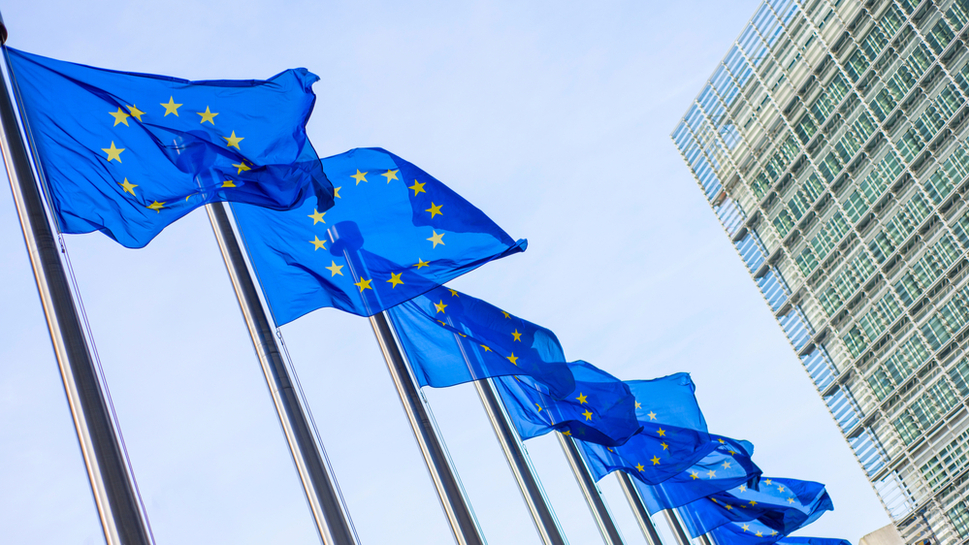Apple gets burned by the EU again – this time for geo-blocking you from some apps and movies
Another clash between Apple and European regulators

- The EU has warned Apple to stop blocking media content based on where the user lives.
- The App Store, iTunes Store, Music, Apple Arcade, Books, and Podcasts are all named in the report.
- Apple has one month to reply with suggestions on how to improve.
The European Commission – the executive arm of the European Union – has warned Apple to desist from geo-blocking activities that it calls “discriminatory”.
In a press release posted to the official European Commission website, the Commission warned Apple to discontinue its practice of blocking Apple Media Services content based on where a user lives.
Apple Media Services comprises Apple’s digital storefronts and streaming services, and includes the App Store, Apple Arcade, Music, the iTunes Store, Books, and Podcasts.
It’s no secret that Apple tailors and restricts the content delivered through these services to specific national and regional markets, but this is rarely considered a form of discrimination.
However, the European Commission and the EU’s Consumer Protection Network have now notified Apple that these actions could contravene two EU regulations.
The EU’s Geo-blocking regulation forbids “unjustified discrimination” against an EU customer based on nationality, residence, or place of establishment when providing goods or services to customers in a different member state.
The Services Directive contains similar protections that forbid discriminatory provisions based on a customer's nationality or place of residence.
Sign up for breaking news, reviews, opinion, top tech deals, and more.
Apple is, seemingly, generally loathe to cooperate with authorities if it can avoid doing so – see the company’s long history with the FBI – but the EU has managed to twist the arm of the world’s erstwhile most valuable company before.
It’s generally accepted that pressure from the EU was the main reason Apple switched to USB-C from the proprietary Lightning port. Though the rest of the mobile industry had long-since switched to USB-C, the Lightning port served as a valuable source of revenue for Apple through first-party sales and the “Made for iPhone” licensing scheme.
However, the EU announced regulation in 2022 forcing all device makers to adopt USB-C by the end of 2024, to reduce e-waste – Apple complied with the iPhone 15 lineup in 2023. Furthermore, the EU has successfully forced Apple to enable sideloading of apps and third-party App stores on iPhones sold in Europe.
We’ll probably see Apple fall in line with these regulations again, though there could be some consequences down the road – Apple Intelligence is still missing from EU iPhones, and Apple could continue to withhold features as retaliation for strong regulations. This is mostly conjecture at this point, though.
Apple has been given one month to reply to the European Commission, with suggestions on how to alleviate its own geo-blocking practices. Until then, be sure to keep up with our iPhone coverage for the latest updates.
You might also like

Jamie is a Mobile Computing Staff Writer for TechRadar, responsible for covering phones and tablets. A lifelong tech-obsessive, Jamie began his writing career as a music blogger before studying journalism at Goldsmiths College, and joined TechRadar in 2024. He thinks the iPhone 5S is the greatest phone of all time, but is currently an Android user.
As well as reporting on the latest in mobile hardware, software, and industry developments, Jamie specialises in features and long-form pieces that dive into the latest phone and tablet trends. He can also be found writing for the site's Audio and Streaming sections from time to time, or behind the decks as a DJ at local venues around London.